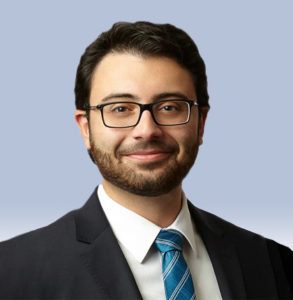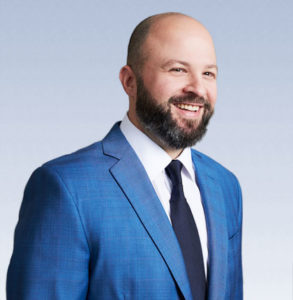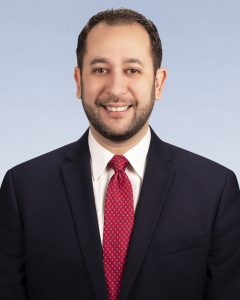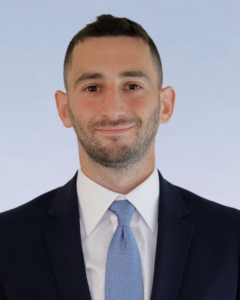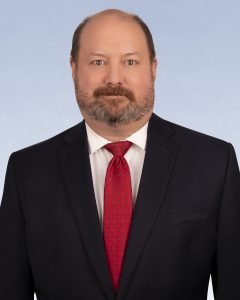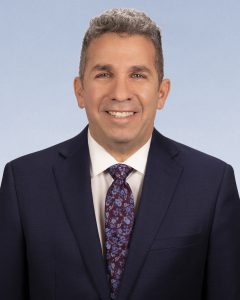Large Firm Service. Small Firm Attention.
SHARE
Special Needs Beneficiaries Can Be Explicitly Included in Estate Planning
Published September 17, 2020
This article for The Voice® was written by Mark B. Heffner, CELA, a graduate of Harvard College and Boston College Law School. He is the principal of Heffner & Associates, a firm with offices in Warwick and Barrington, Rhode Island, focusing since 1992 on elder law, special needs planning, and estate planning. Mark is a Certified Elder Law Attorney, and became a member of the Special Needs Alliance in 2004. He can be found at www.hefflaw.com.
Special Needs Beneficiaries Can Be Explicitly Included in Estate Planning
Many parents or grandparents of a child or grandchild with special needs assume that they cannot provide for that individual in their estate planning. They believe that anything left to that child or grandchild will disrupt the public benefits on which that individual relies. Or they may have heard that there is a type of trust that can be used to prevent that disruption but that the government will take all the money after the child or grandchild dies.
As result, some parents or grandparents may disinherit a child or grandchild with special needs. Alternatively, they might increase the share of their estate to another child or grandchild, whom they are confident will “take care” of his or her brother or sister with special needs during life, and equitably distribute the remainder upon the individual’s death.
The assumptions that lead such parents or grandparents to choose either of these paths are wrong. Instead, through the creation of a properly drafted third-party special needs trust (SNT), they can explicitly include that child or grandchild in their estate plan. And that trusted sibling can explicitly serve the desired role of holder and manager of the share for the child or grandchild with special needs. Further, no funds in the SNT need be paid over to the state or federal government when the individual dies; instead, the remaining funds can be distributed to other beneficiaries of the parent or grandparent.
An SNT should be expertly drafted and administered; however, its core concept is straightforward. That is, the trustee of an SNT is given discretion to make distributions to the individual with special needs in a manner that will “supplement and not supplant” needs-based public benefits, such as Supplemental Security Income and Medicaid.
The wording of this “supplement and not supplant” restriction on the discretion of the trustee may vary depending on the particular state in which the beneficiary resides and the judgment of the drafting attorney in light of specific circumstances. However, provided that the trustee may not and does not make disqualifying distributions to or for the beneficiary, that individual’s means-based benefit can continue uninterrupted.
Further, when the beneficiary dies, the trustee is not required to reimburse the government for any benefits paid to the beneficiary during her life. Such a “payback” provision is required in a trust created with funds of the beneficiary—a so-called “first party” SNT— as a condition of continued eligibility of the individual for needs-based benefits.
The third-party SNT created by a parent, grandparent, or anyone else with his or her own funds need contain no such payback provision. Instead, provisions of the SNT can direct that the trustee distribute any remaining funds to the beneficiaries chosen by the creator of the trust and identified in the trust instrument.
It is true that a direct bequest to an individual receiving needs-based public benefits will generally result in the loss of those benefits to that individual. However, a properly drafted and administered third-party SNT is a straightforward path to prevent this from occurring without disinheriting the child or grandchild with special needs.
About this Article: We hope you find this article informative, but it is not legal advice. You should consult your own attorney, who can review your specific situation and account for variations in state law and local practices. Laws and regulations are constantly changing, so the longer it has been since an article was written, the greater the likelihood that the article might be out of date. SNA members focus on this complex, evolving area of law. “Reprinted with permission of the Special Needs Alliance – www.specialneedsalliance.org.”
Categories
Recent Posts
Explore In-Depth

Corporate & Securities

Elder Law & Estate Planning

Special Needs Planning

Special Education Advocacy


